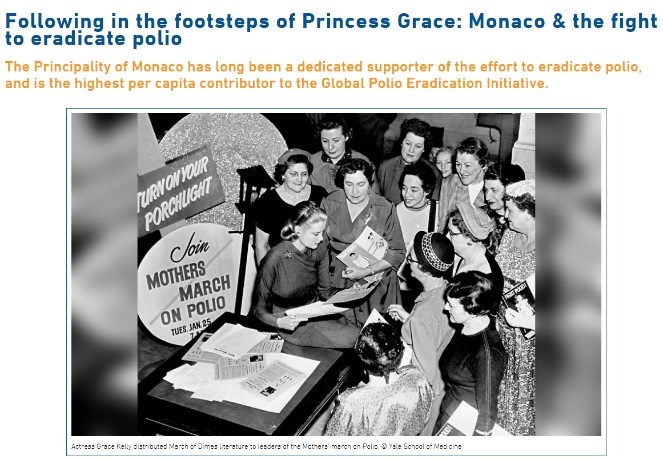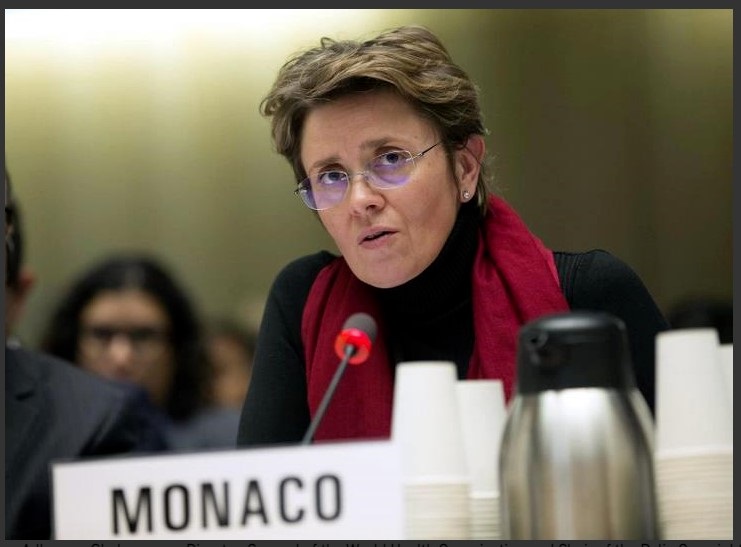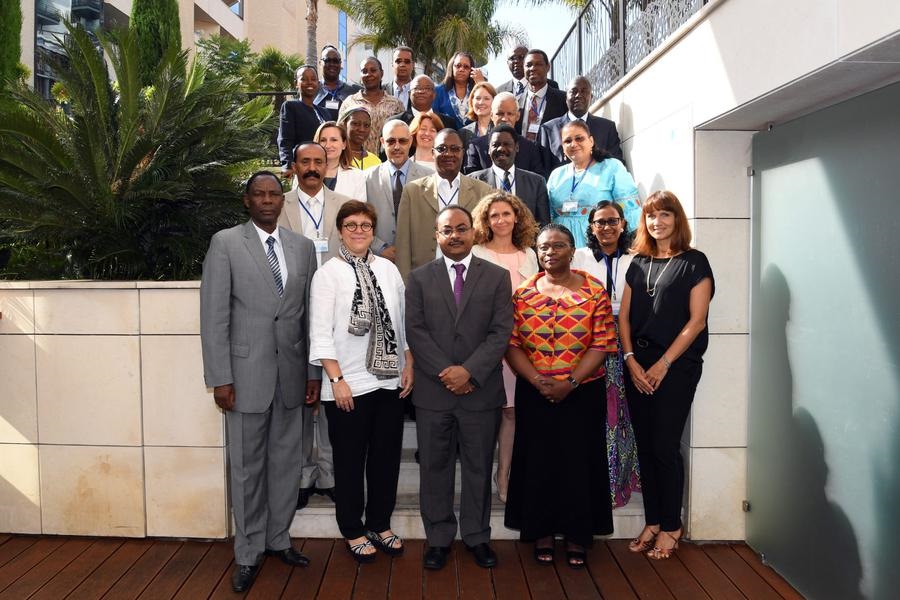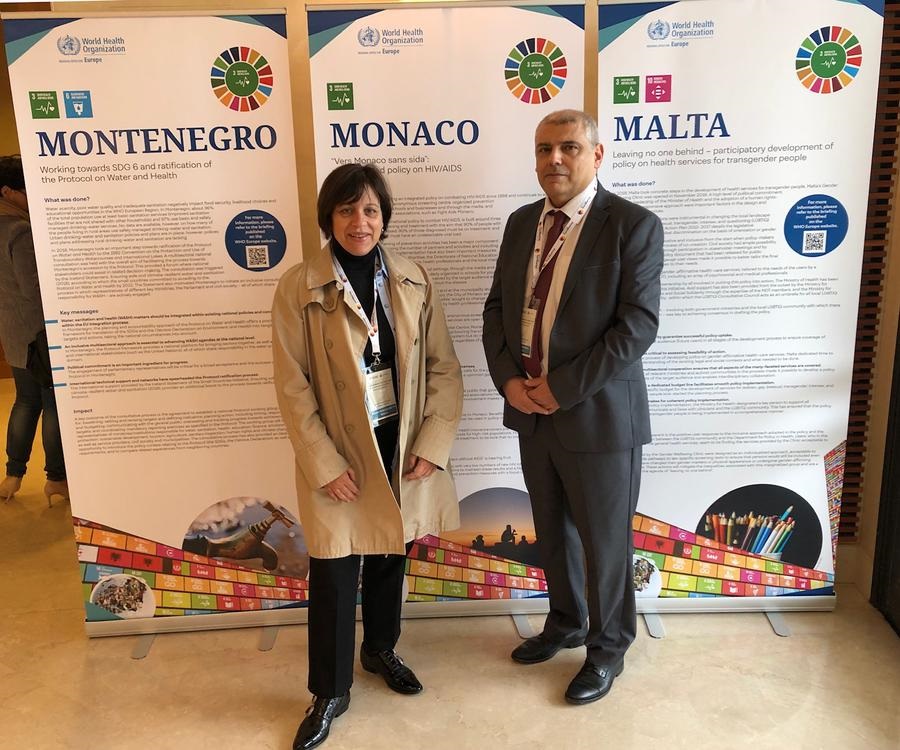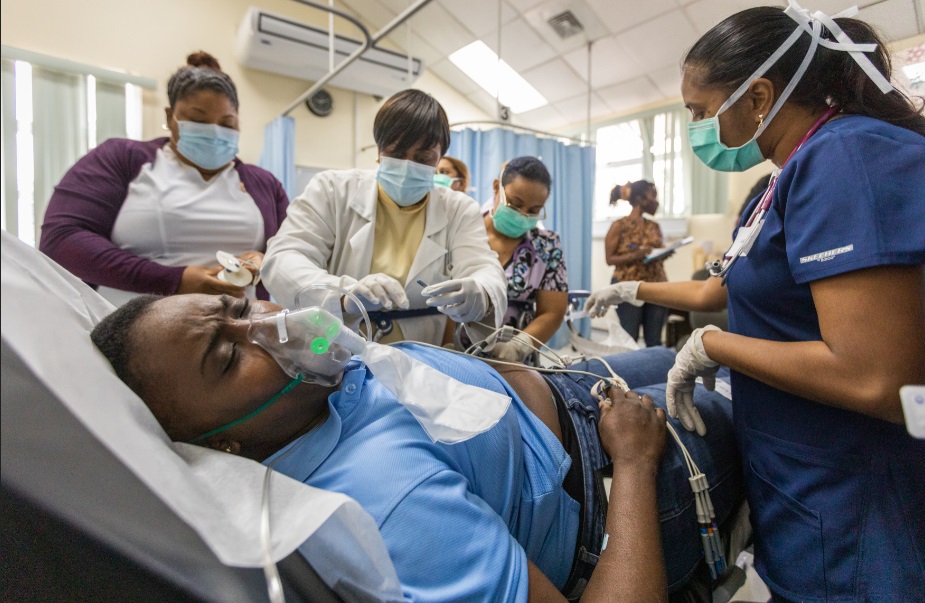With 93% of all malaria deaths worldwide occurring in the African region, in 2018 the Principality of Monaco and the WHO Regional Office for Africa launched a new partnership to bring the continent a step closer to becoming malaria free. The partnership will distribute €2 million over five years (2019-2024) to support WHO's drive toward eliminating malaria in the Sahel region. This programme includes information and education campaigns, behavioural change initiatives, as well as strengthening coordination at national level, case finding and operational research. "Only with the generous support of our donors and partners will WHO achieve our shared goal of a malaria-free future in Africa. The contribution from the Principality of Monaco is instrumental in ensuring that we continue to make progress, particularly in those countries which bear the highest malaria burden." Dr Matshidiso Moeti, WHO Regional Director for Africa.

Monaco
Partner in global health
This content was last updated on 25 April 2022
The strategic partnership with Monaco
The principality of Monaco has been a steadfast partner of WHO since 1948, allocating almost one third of its development assistance to global public health. Monaco works side by side with the Organization on global public health priorities ranging from polio eradication, to elimination of measles, to strengthening health systems in countries with limited resources.
Monaco's goals in the area of health are to:
- fight against pandemics and neglected diseases
- improve maternal and child health
- support national health systems strengthening
- improve access to medical care
- environment, climate change and health
All development assistance programmes of the Principality of Monaco target the most vulnerable populations: children, women, people with disabilities, and refugees.
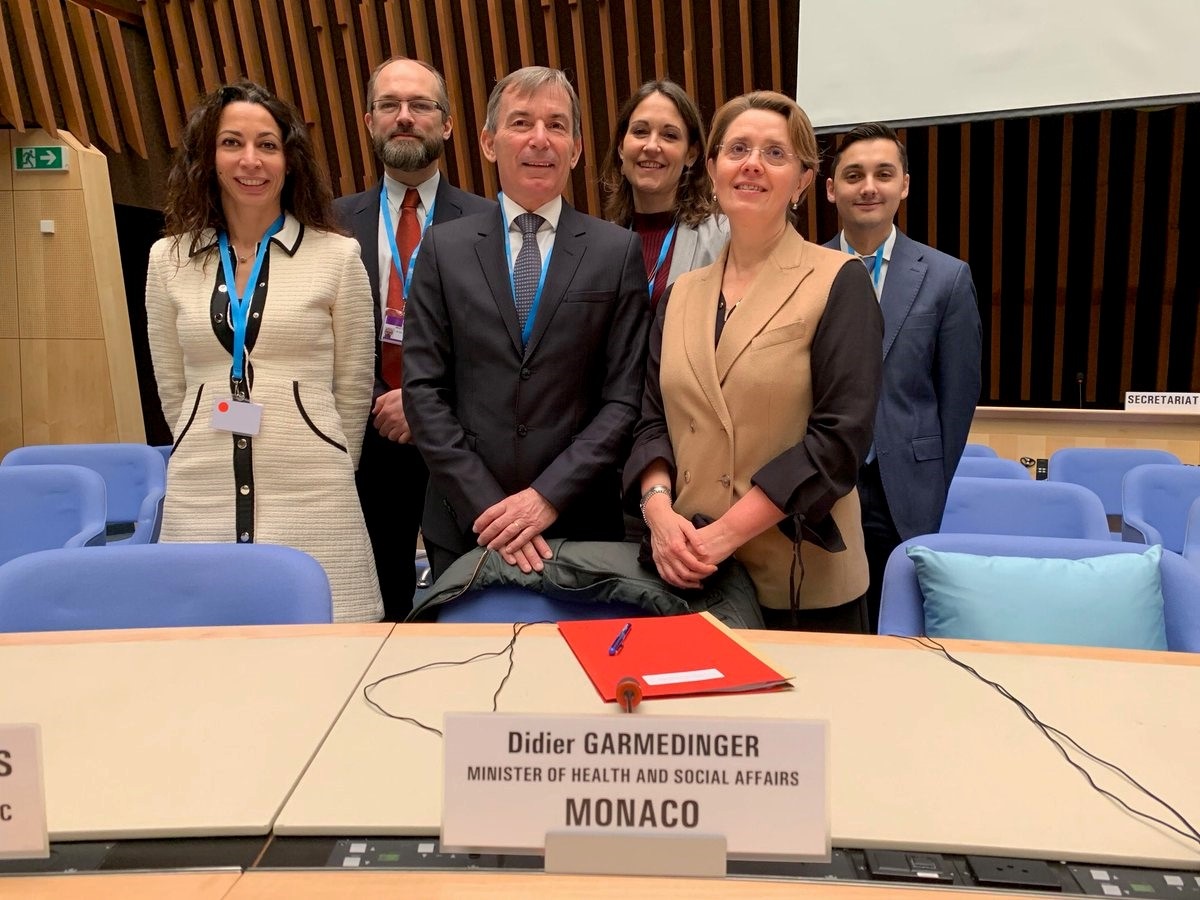
From left to right: Kristel Malgherini (Secretary-General of the Ministry of Health and Social Affairs), Dr Hervé Raps (Physician delegate of the Scientific Centre of Monaco), Didier Gamerdinger (Minister of Health and Social Affairs), Laure Chevallier (Environment Directorate), H.E. Ms Carole Lanteri (Ambassador, Permanent Representative of the Principality of Monaco to the UNOG), Maxime Trapani (Attaché). ©WHO/Chris Black
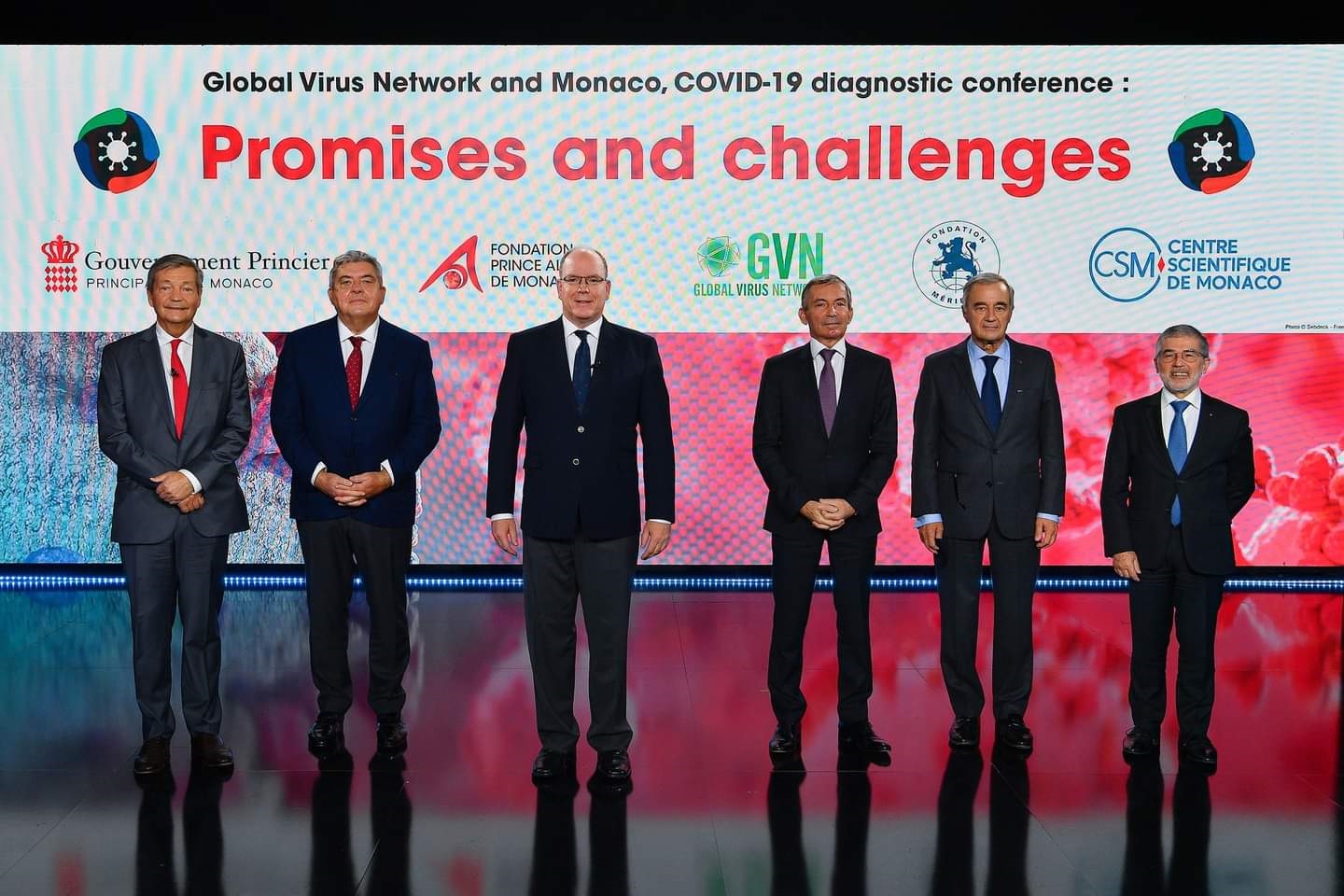
From left to right: Christian Brechot (President of the Global Virus Network), H.E. Mr Pierre Dartout (Minister of State), H.S.H Prince Albert II, Didier Gamerdinger (Minister of health and social affairs), Dr Patrick Rampal (President of the Scientific Centre of Monaco), and Patrice Cellario (Minister of the Interior). ©Principality of Monaco
Monaco's Strategy for Official Development Assistance 2018-2020 commits to help over one million beneficiaries directly in countries, including seven least developed countries (LDCs) in Africa. These are Burkina Faso, Burundi, Lebanon, Madagascar, Mali, Mauritania, Morocco, Niger, Senegal, South Africa and Tunisia.
In addition to its support to WHO's technical activities, the Principality of Monaco demonstrates its trust in WHO as the credible and accountable leader in global health by investing in the WHO transformation process to better enable the Organization to deliver its ambitious Thirteenth General Programme of Work (GWP13) in an effective, efficient, transparent and accountable manner.

